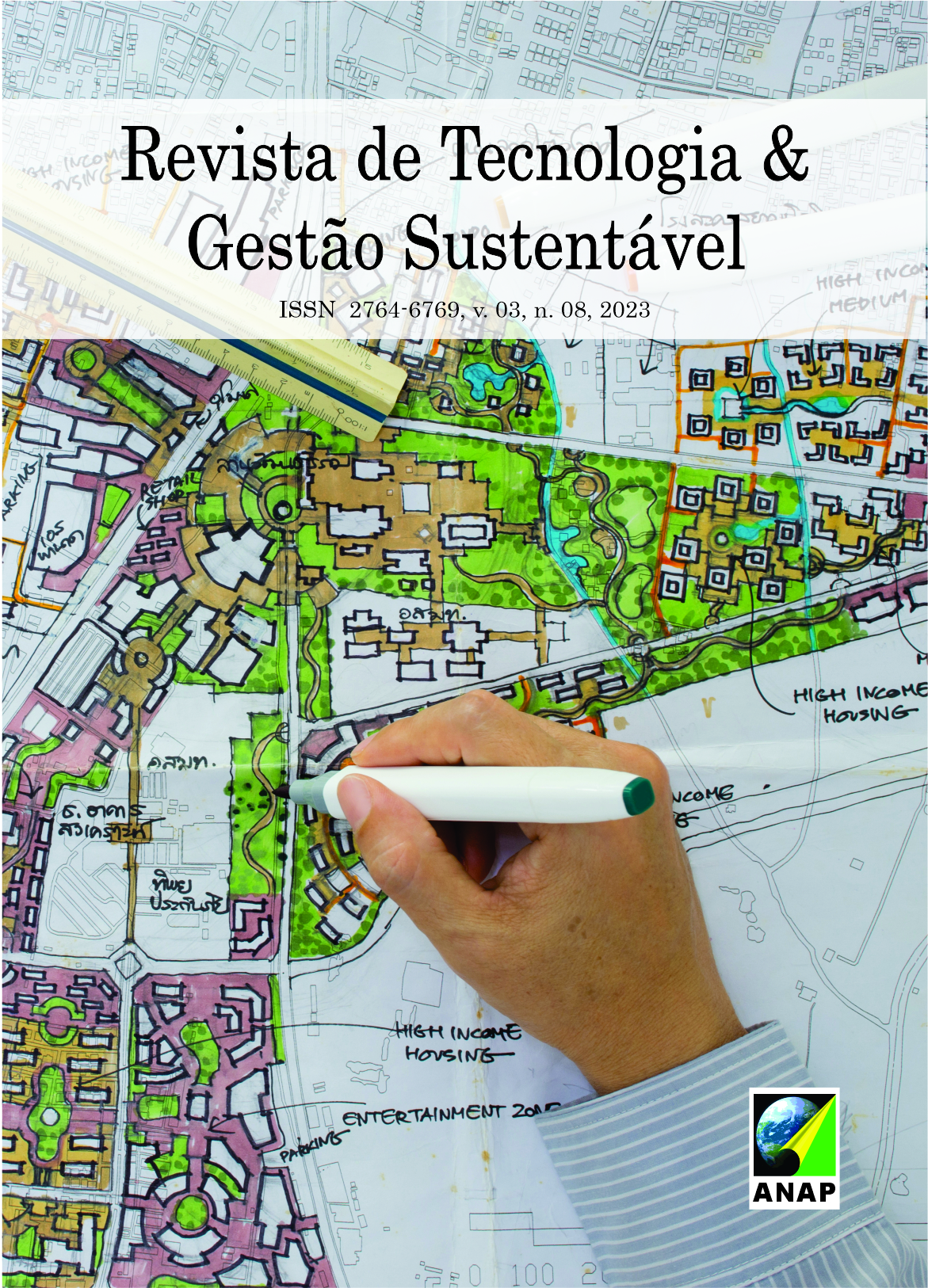Integration of Watersheds into Urban Planning
Challenges and Potentials for Sustainability
DOI:
https://doi.org/10.17271/mnpk7285Keywords:
Urban Cohesion, Hydrological Impact, Urban FragmentationAbstract
This study addresses the integration of watersheds into urban planning, highlighting the challenges and potential for sustainability. The aim is to discuss the fragmentation of urban policy and the need for more cohesive and sustainable planning, based on a literature review and analyses of specific cases. The methodology includes a systematic literature review and the analysis of empirical data from various sources, such as case studies, scientific articles, and official documents. The originality of the research lies in the integrated approach to watershed management and urban planning, which is underexplored in the Brazilian context. The study emphasizes the importance of considering natural and hydrological characteristics in urban development, promoting a holistic view that combines urban planning with environmental sustainability. The results reveal that, despite the existence of the City Statute since 2001, Brazilian cities still face significant difficulties in ensuring the social function of the city and achieving sustainability. The main obstacles include the fragmentation of public policies and the lack of an integrated ecological approach. The study concludes that incorporating watershed management into urban planning can serve as a tool for creating more cohesive cities, suggesting the need for a shift in urban planning practices to better address environmental and social demands. This work contributes to the debate on sustainable cities by offering an perspective on the integration of hydrological and urban aspects.
Downloads
Published
Issue
Section
License
Copyright (c) 2024

This work is licensed under a Creative Commons Attribution 4.0 International License.








